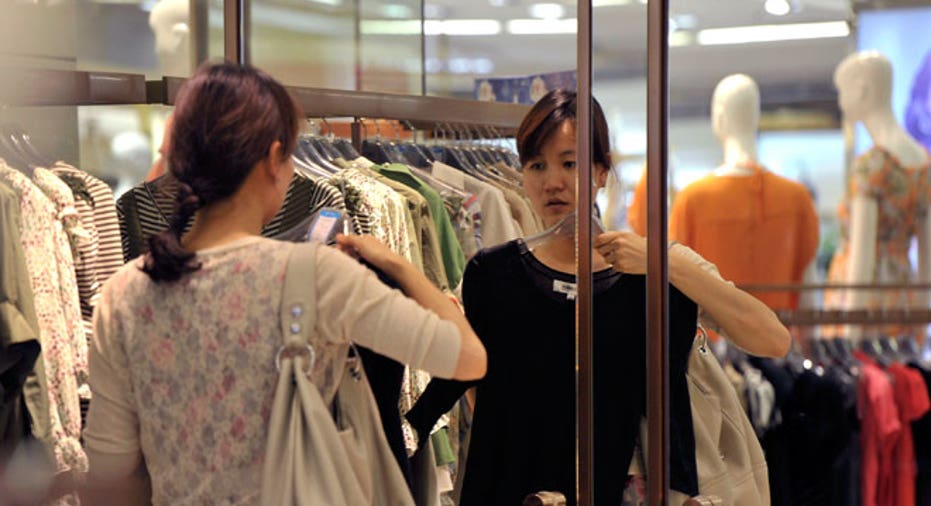How Stores Track You Using Cell Phone Data

It’s not unusual to see reminders in store windows that remind shoppers they are being watched on security cameras. But some retailers are getting a little more personal and are tracking customers’ movements by their cell phones.
Stores including Nordstrom (NYSE: JWN), Family Dollar (NYSE:FDO), Cabela’s, Mothercare, Benetton and Warby Parker are enlisting the help of technology to track their customers, according to the New York Times.
But before consumers get enraged or creeped out—the in-store tracking isn’t much different than the data mining that online retailers do with shoppers’ search and spending habits. Instead of analyzing keystrokes and search history, some brick and mortar retailers are following shoppers’ moves throughout the store by following their smartphones’ Wi-Fi signals.
“They are just incorporating what exists in the online world into the brick-and-mortar world,” says Credit.com and IDT911 founder Adam Levin. “My thing is—you don’t have cameras in the online world.”
Nordstrom opted to suspend its program, which monitored customer movements from the Wi-Fi signals on their smartphones, after pushback from shoppers. The retailer posted a sign letting customers know it was tracking them, and due in part to some of the comments, the program was suspended, the Times reported.
Many consumers likely don’t realize they are even being tracked both in stores and online, Levin says. “The in-store tracking may even be more concerning because it’s able to analyze physical behavioral data from customers.”
And Levin says this type of tracking is just the beginning.
“This is the future. I think they will do facial recognition, retinal exams to do things to accommodate you. This is the price we are paying [for tailored deals and offerings] and privacy is eroding.”
In 2011, two shopping centers in New York managed by Forest City suspended this kind of tracking after Sen. Chuck Schumer, (D-N.Y.), raised privacy concerns, according to Credit.com, calling for opt-in processes for shoppers. But currently, there is no such process currently in place, so the only way for consumers to protest against this is by turning off their phones when shopping.
Levin says not all people are willing to trade their privacy for a good deal, but the issue is that many people don’t realize what’s happening behind the scenes.
“The only way people can stand up for privacy is if they get the information that allows them to understand and process what is really going on.”



















